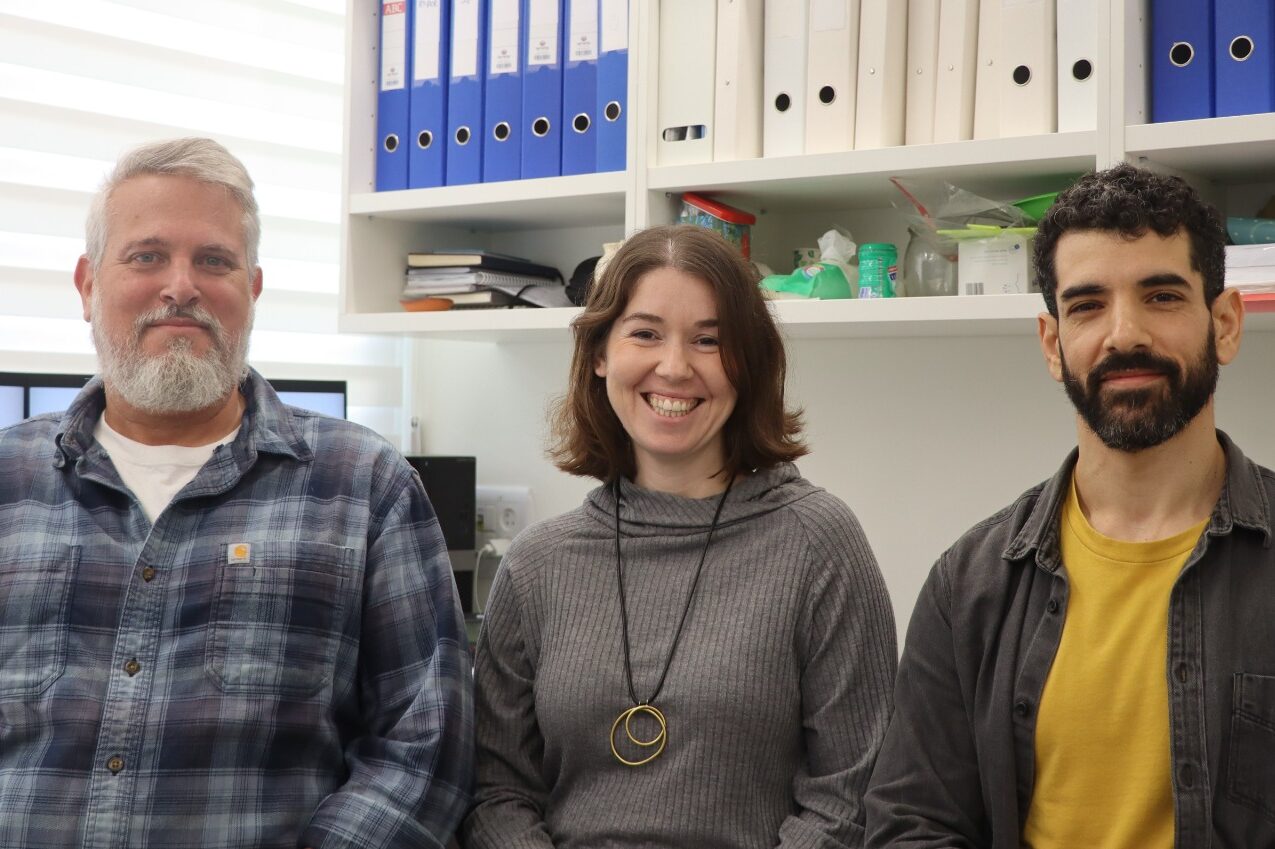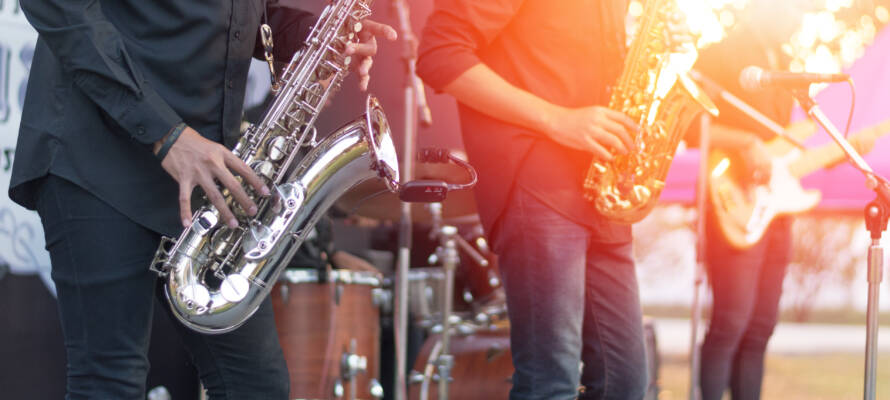Gaze-contingent music reward therapy helped relieve the symptoms of 50 percent of patients, in similar success rate to Cipralex treatment.
By Naama Barak, ISRAEL21c
Researchers managed to relieve the symptoms of people suffering from social anxiety using innovative musical reward technology, with a success rate similar to that of treating the disorder with psychiatric medicine Cipralex.
The researchers report that 50 percent of participating patients found relief using gaze-contingent music reward therapy (GC-MRT), as reported in the American Journal of Psychiatry.
In the study, 105 Israeli adults with social anxiety disorder were assigned into three groups: one group treated with Cipralex; a second group treated with GC-MRT; and a control group.
“The therapy we developed is based on eye-tracking combined with a musical reward,” explains Prof. Yair Bar-Haim from Tel Aviv University, who led the study. “The patients choose the music they would like to hear – Israeli, classical, hip-hop, etc., and are shown a simulation of a crowd on a computer screen.”
Usually, he said, individuals with social anxiety disorder tend to dwell on scowling or threatening facial expressions, quickly picking them out and unable to look away. “Consequently, they often interpret the crowd or social situations as hostile, negative, or critical. People without social anxiety disorder, on the other hand, prefer to focus on positive or neutral faces in a crowd.”

In the new therapy, the music chosen by the patient provides positive feedback for a normal focus of attention on facial expressions in the crowd presented on the screen. Gradually, through training, patients’ biased attention is normalized and symptoms recede, he says.
“Our findings are encouraging for both therapists and patients. With efficacy similar to that of an existing first-line drug treatment, the new treatment does not require the patient to take medications regularly,” he concludes.
“The new treatment is simple and patient-friendly. It does not necessitate the prolonged intervention of a highly skilled psychologist, but rather interaction with social images on a screen, and therefore potentially offers accessible, effective and convenient treatment for social anxiety disorder.”
Do You Love Israel? Make a Donation - Show Your Support!
Donate to vital charities that help protect Israeli citizens and inspire millions around the world to support Israel too!
Now more than ever, Israel needs your help to fight and win the war -- including on the battlefield of public opinion.
Antisemitism, anti-Israel bias and boycotts are out of control. Israel's enemies are inciting terror and violence against innocent Israelis and Jews around the world. Help us fight back!
STAND WTH ISRAEL - MAKE A DONATION TODAY!




